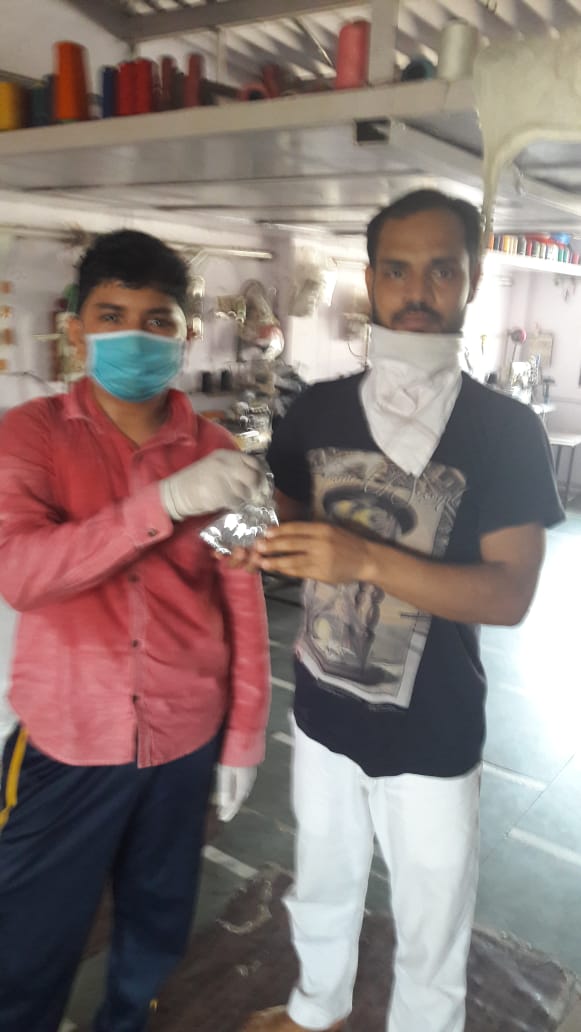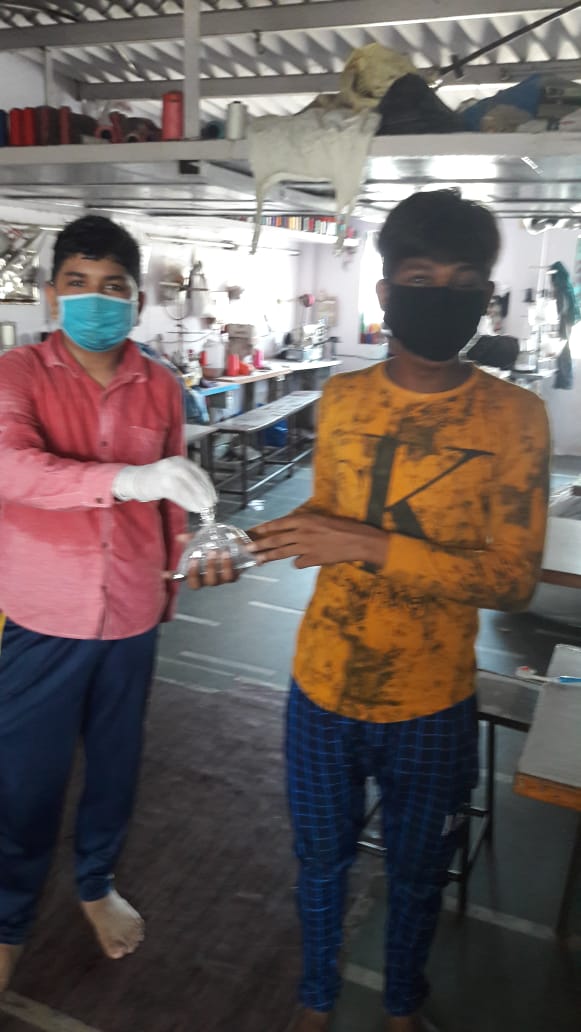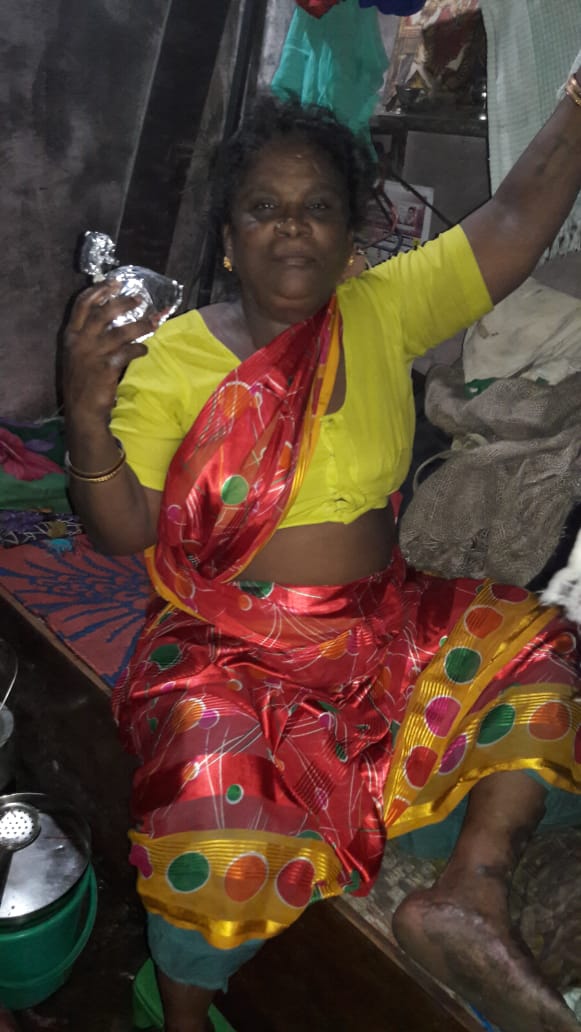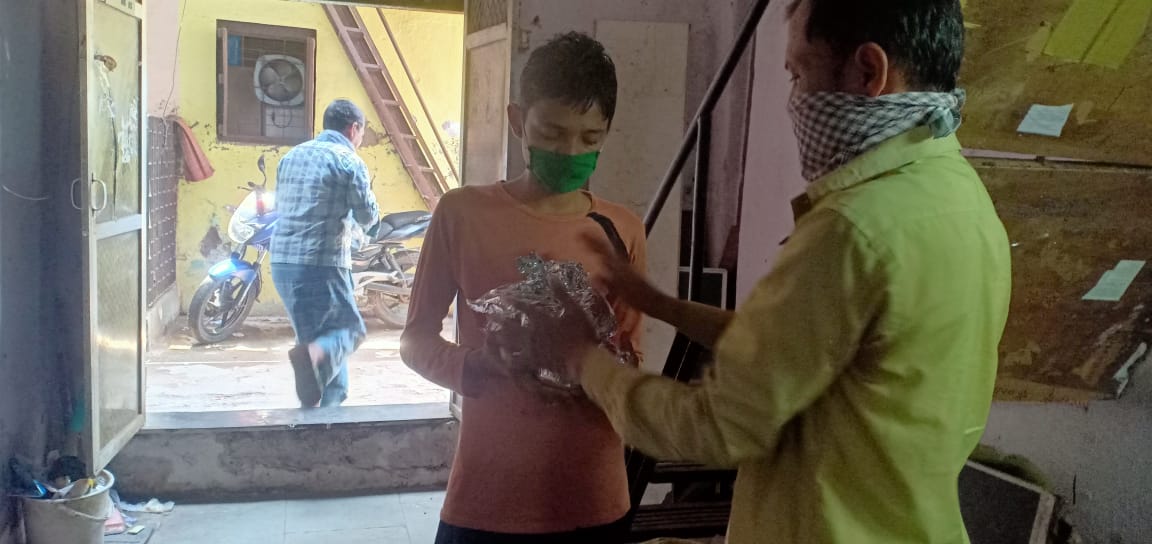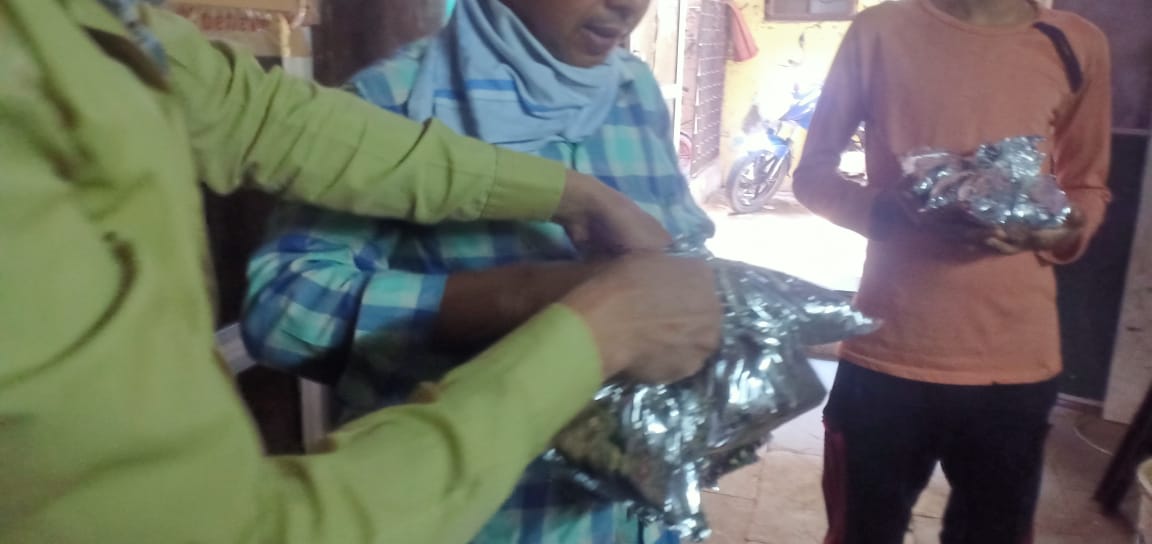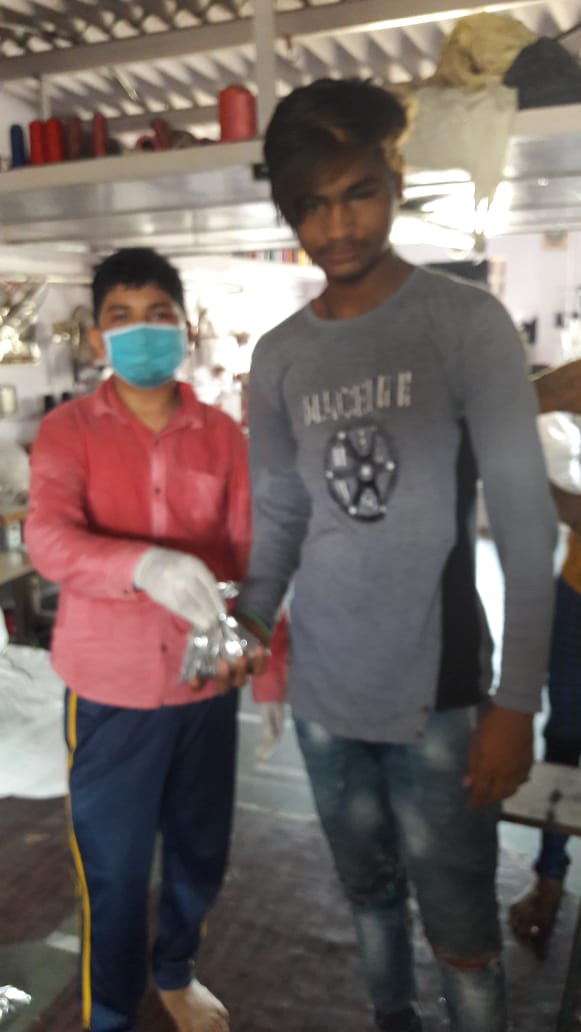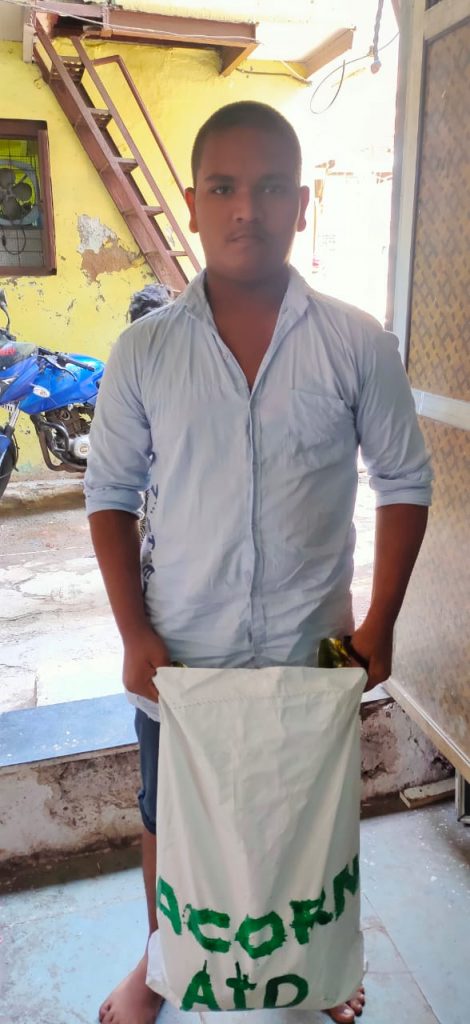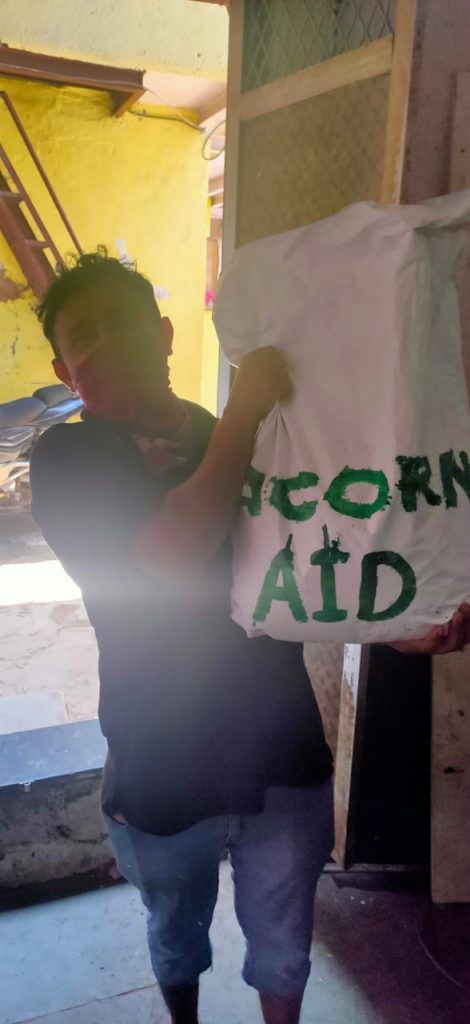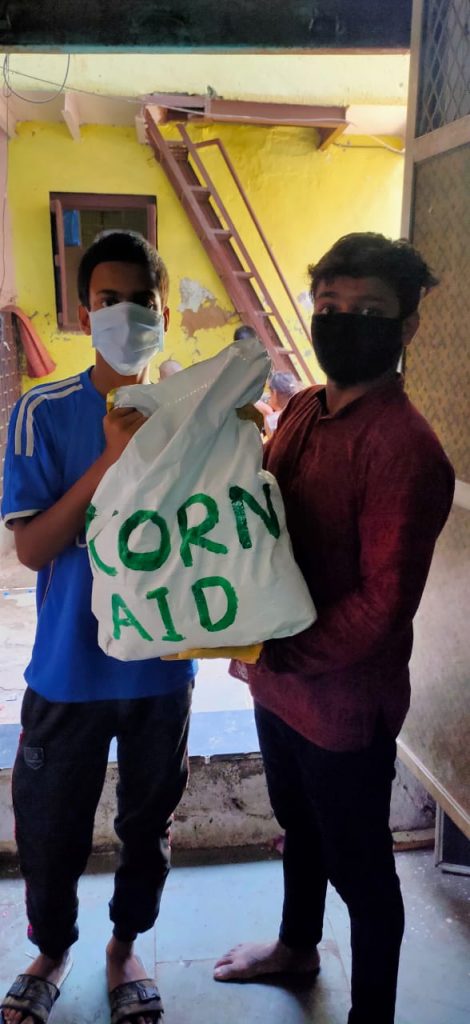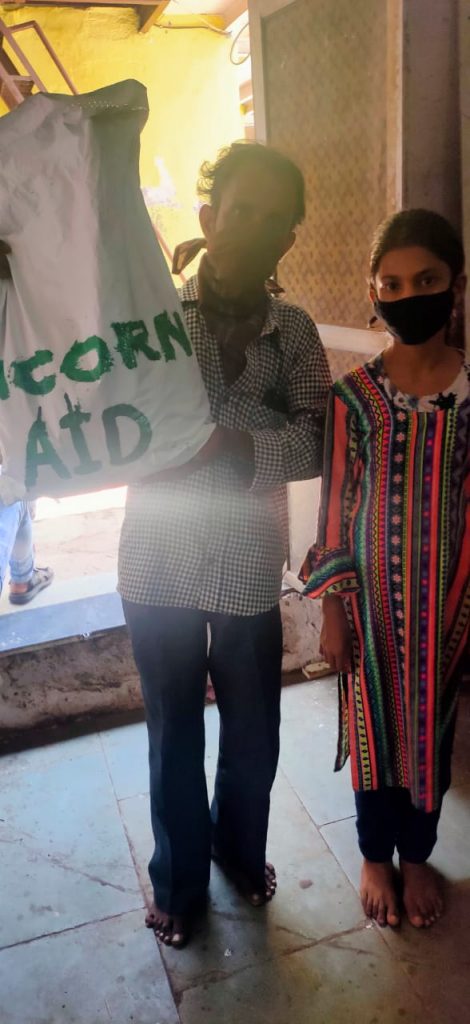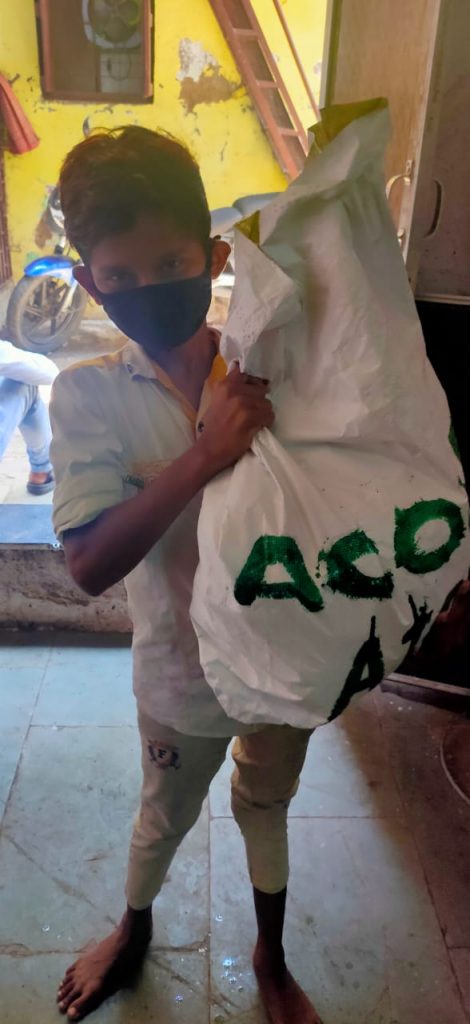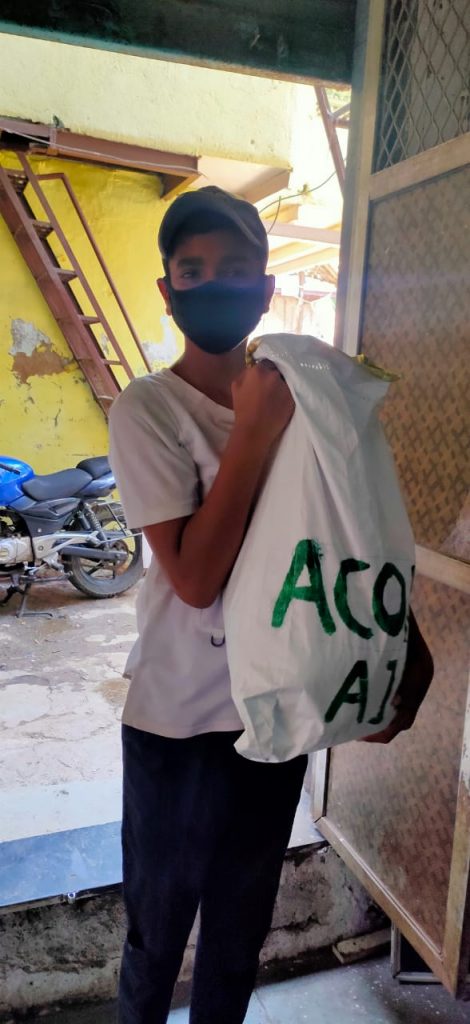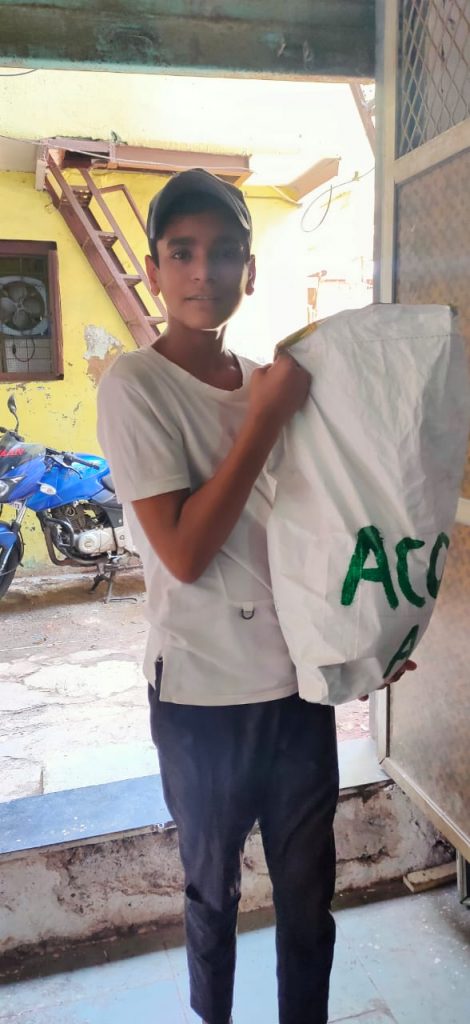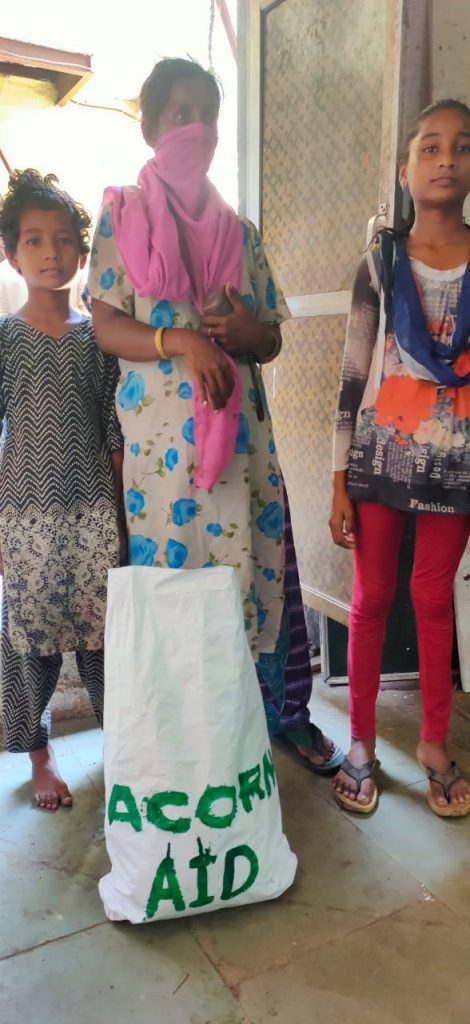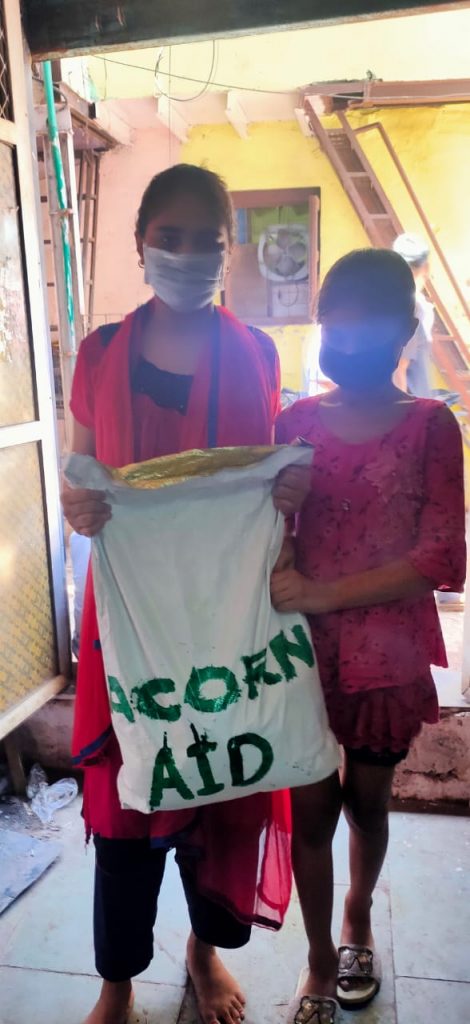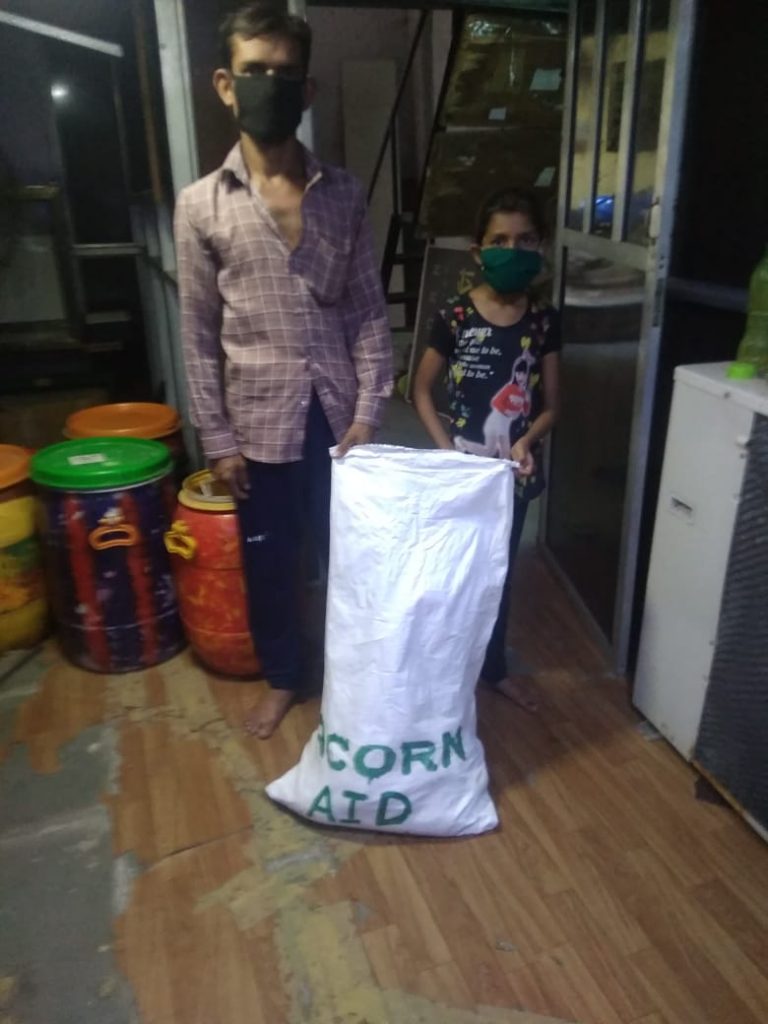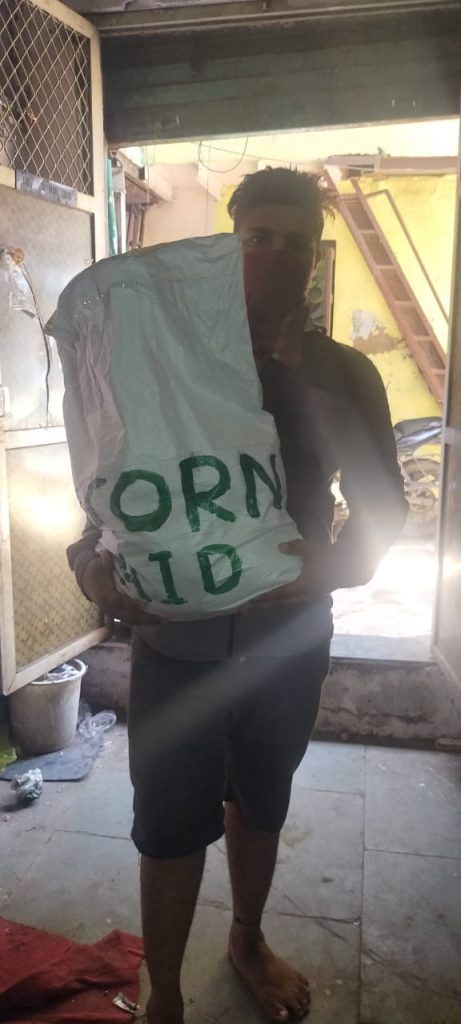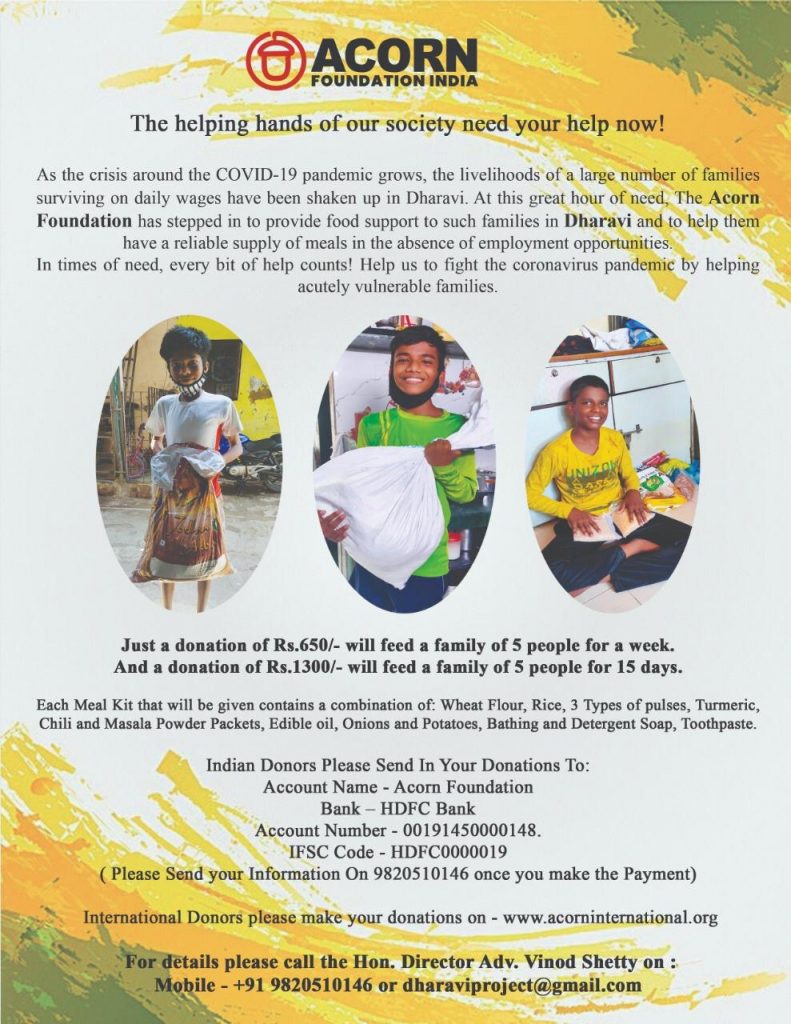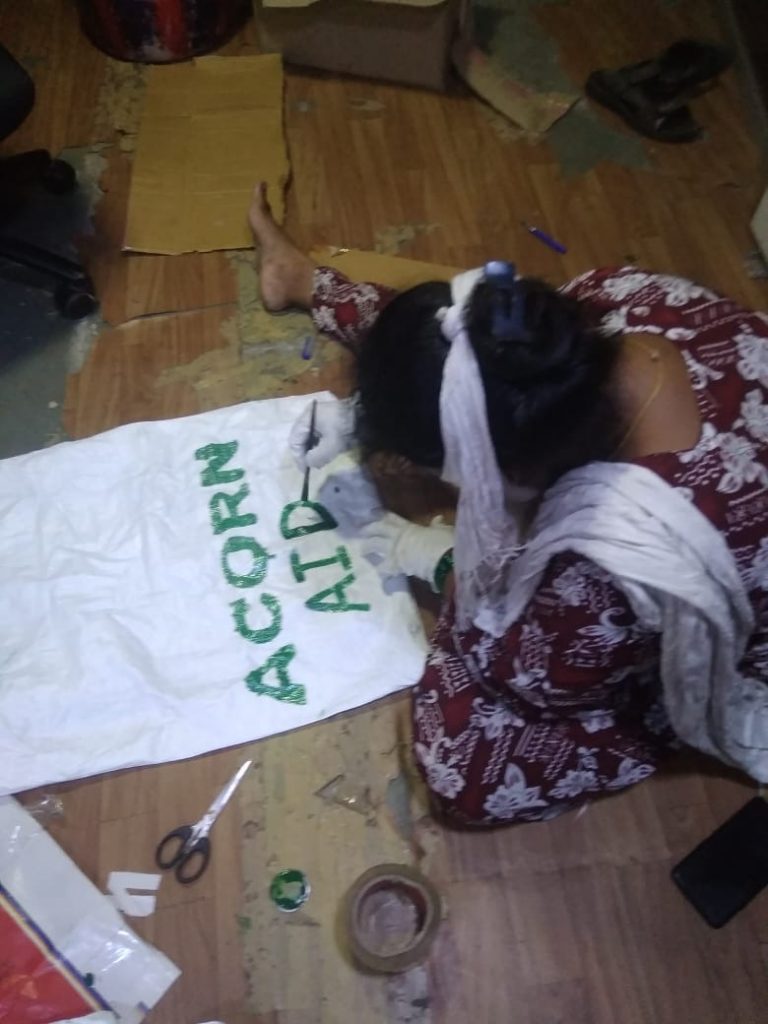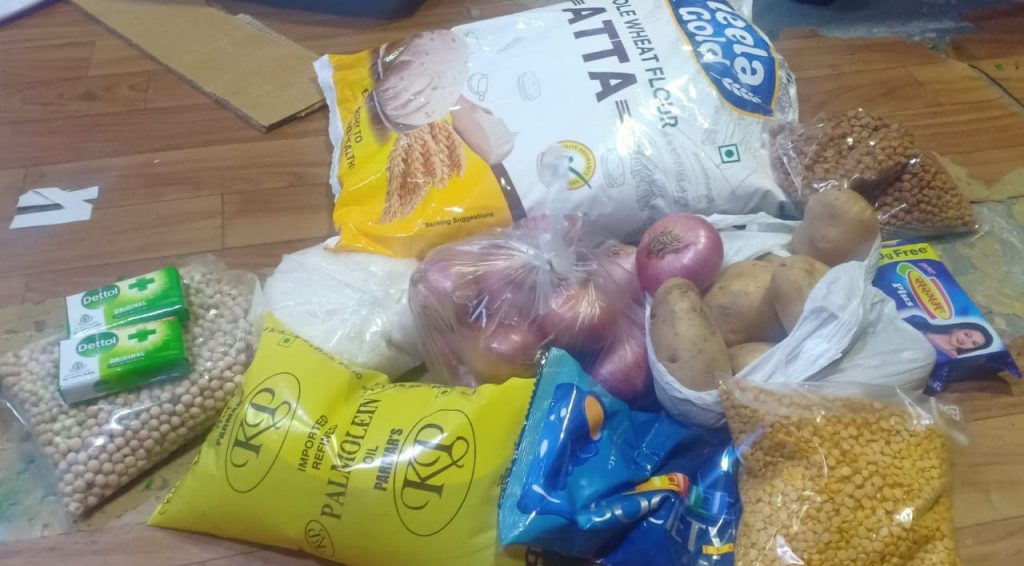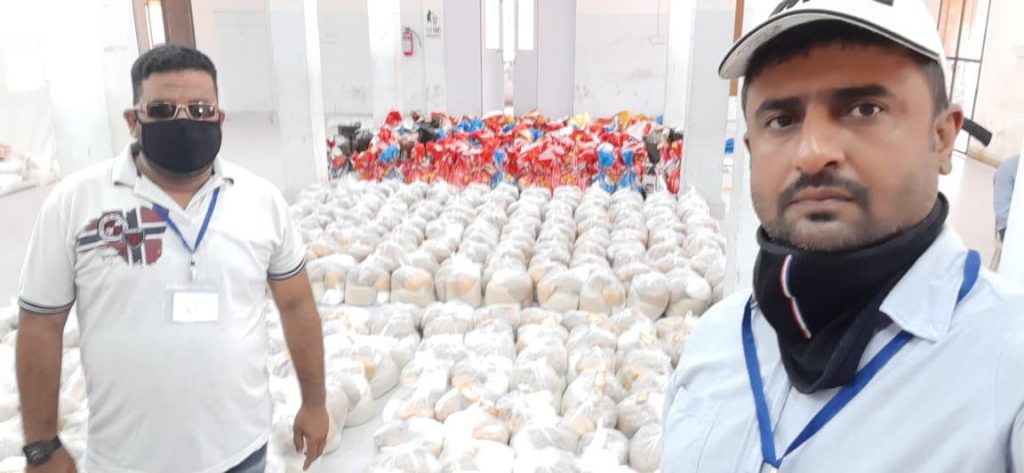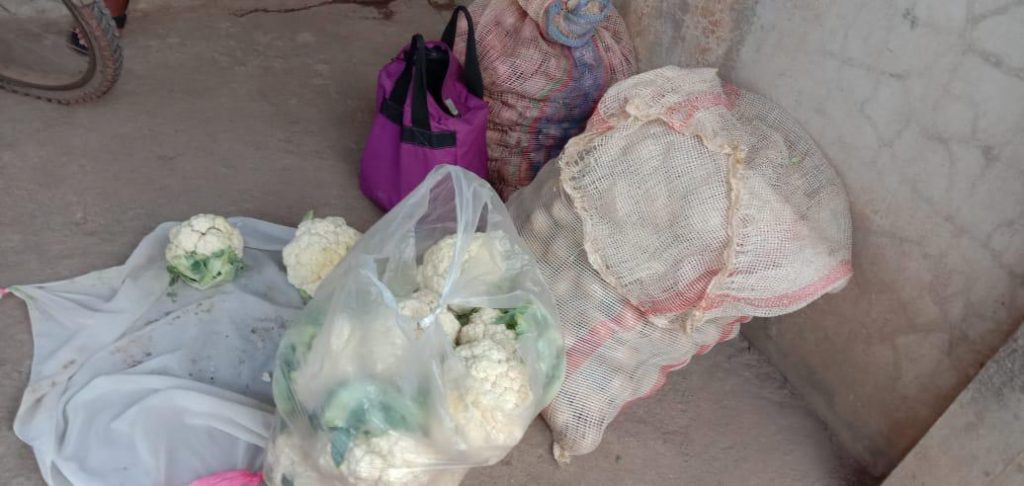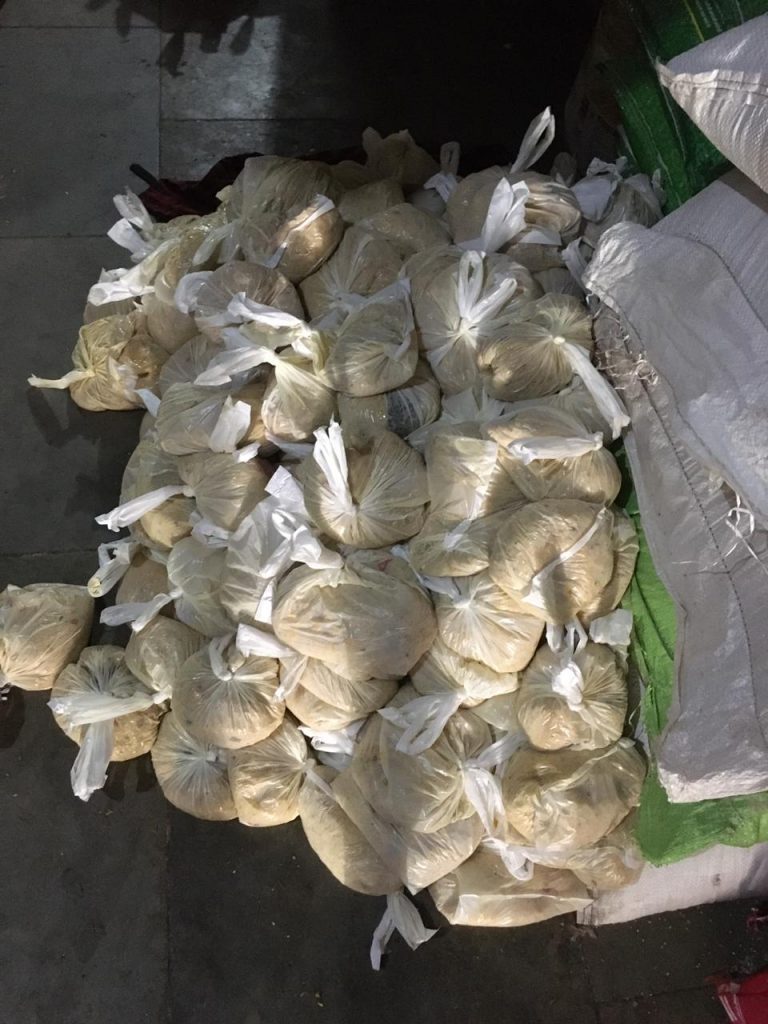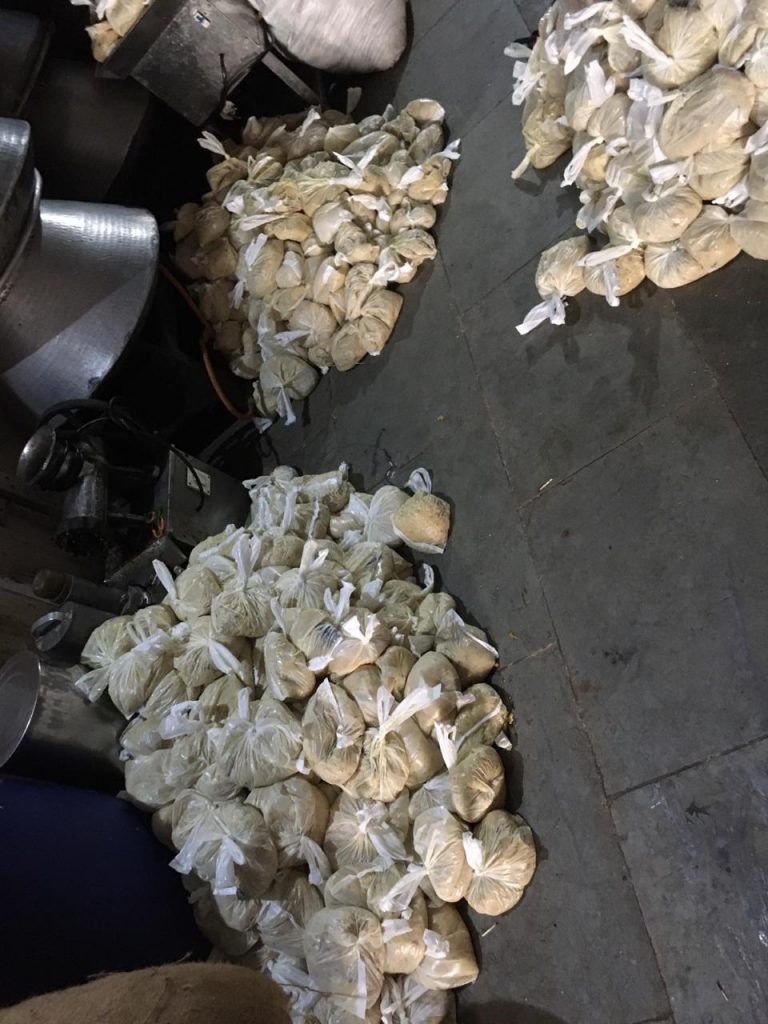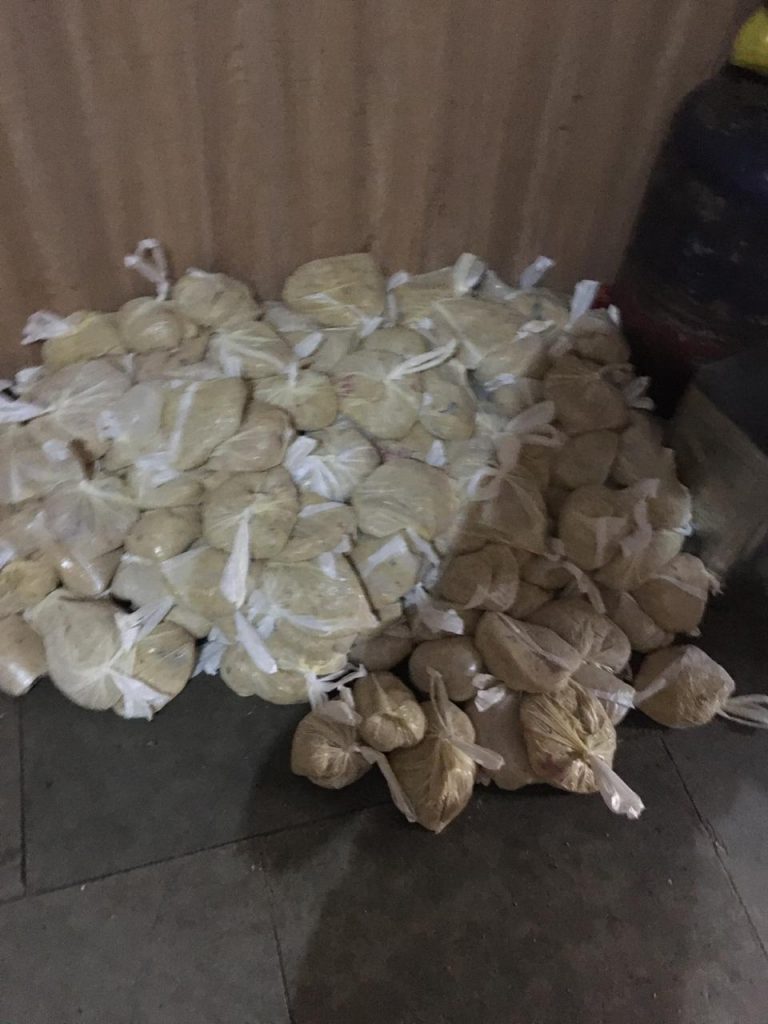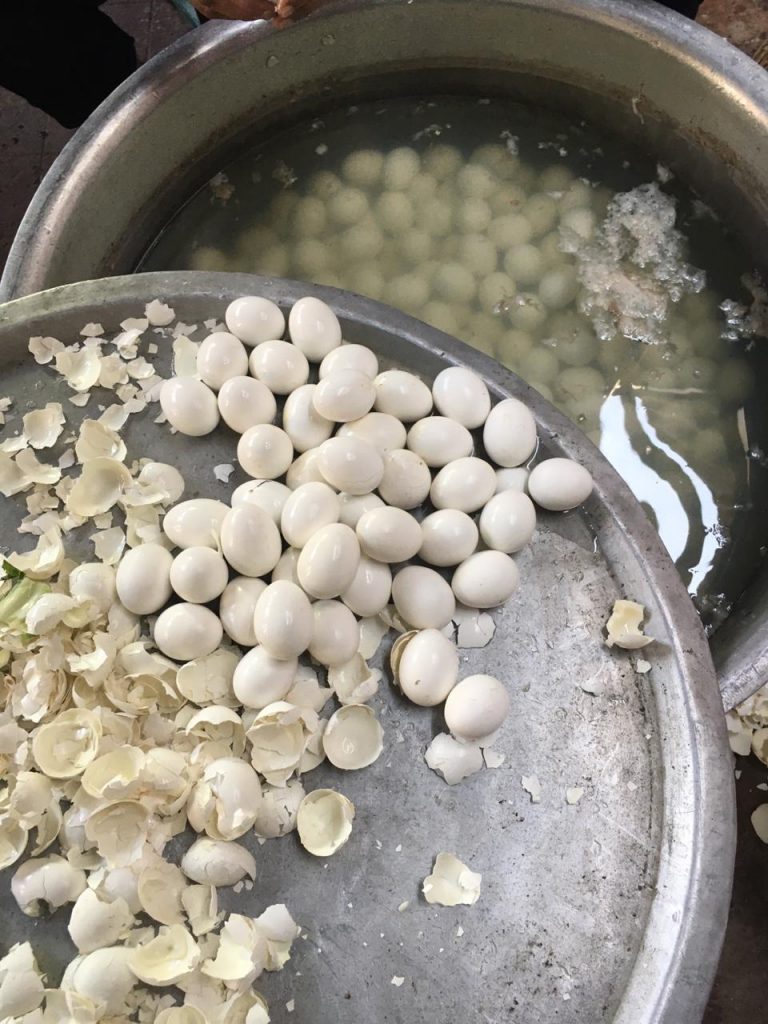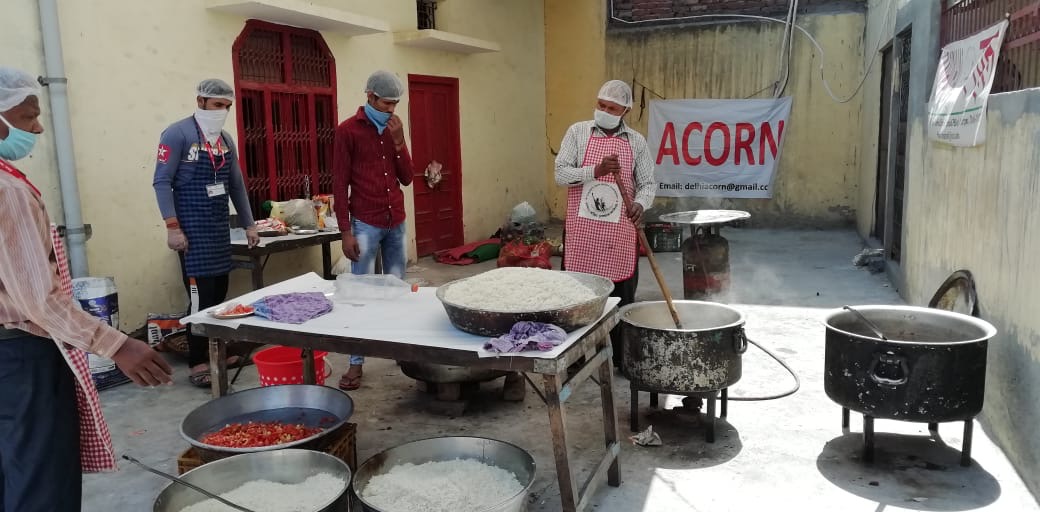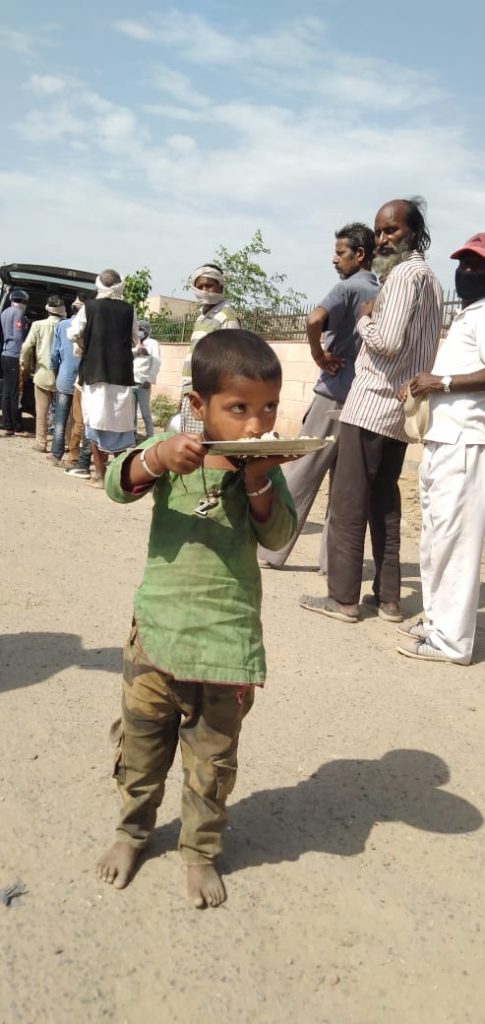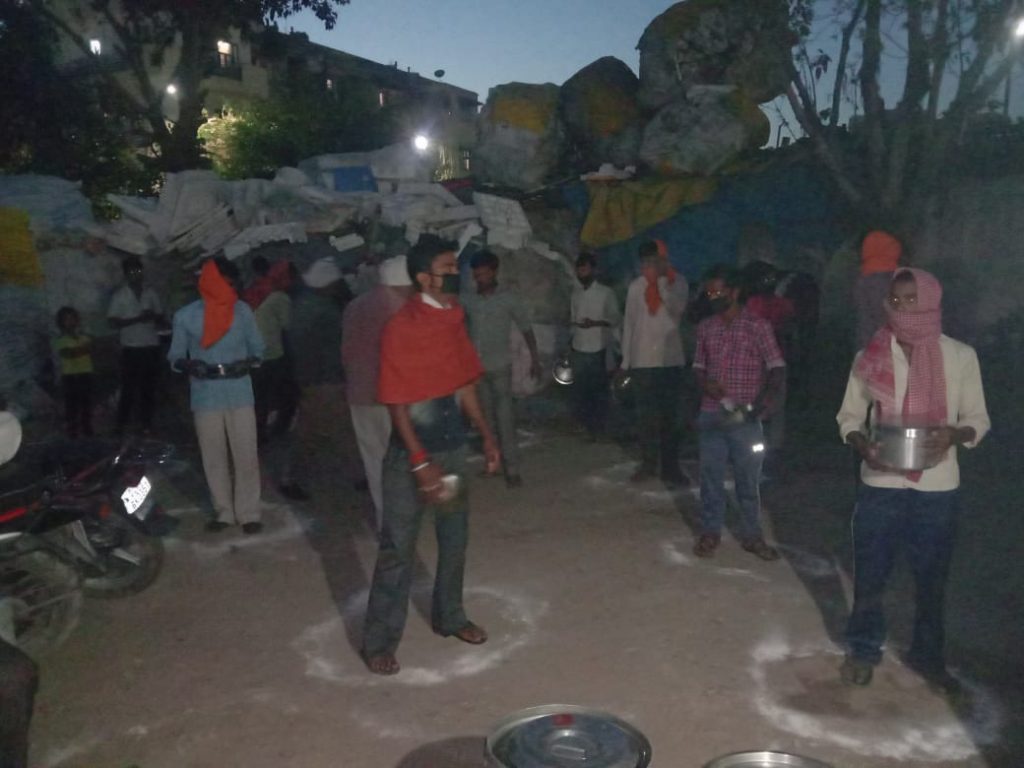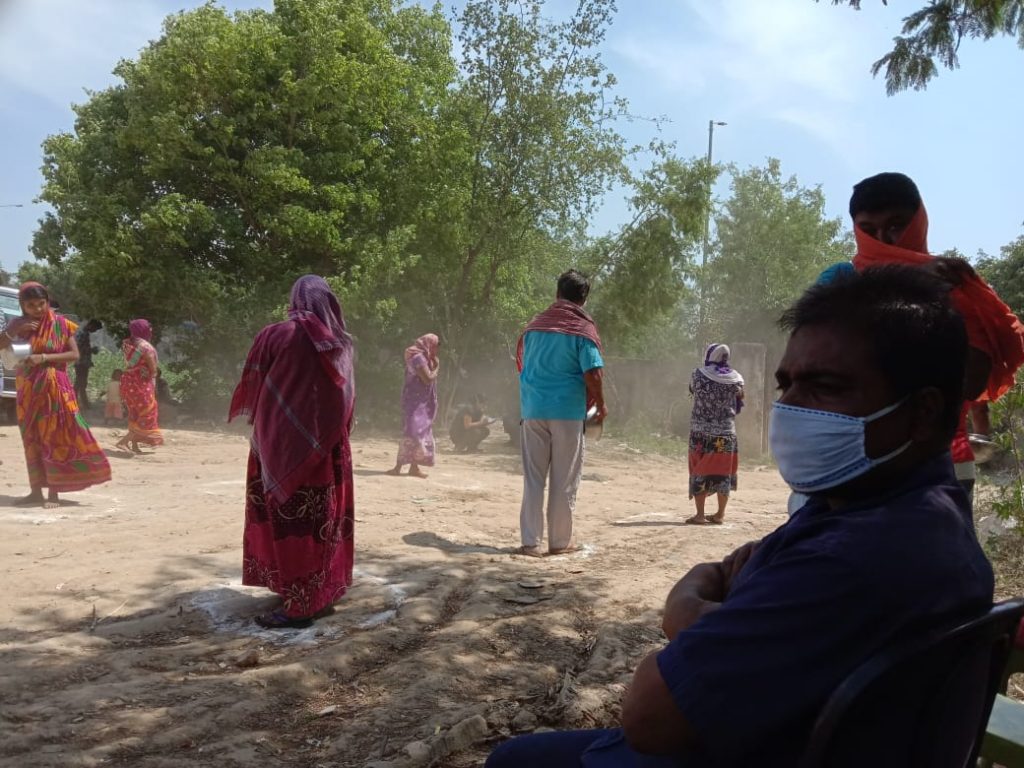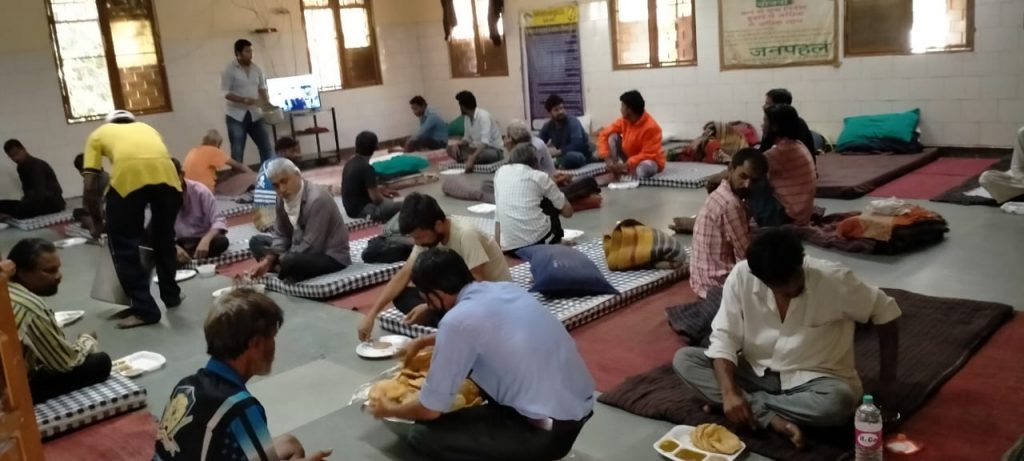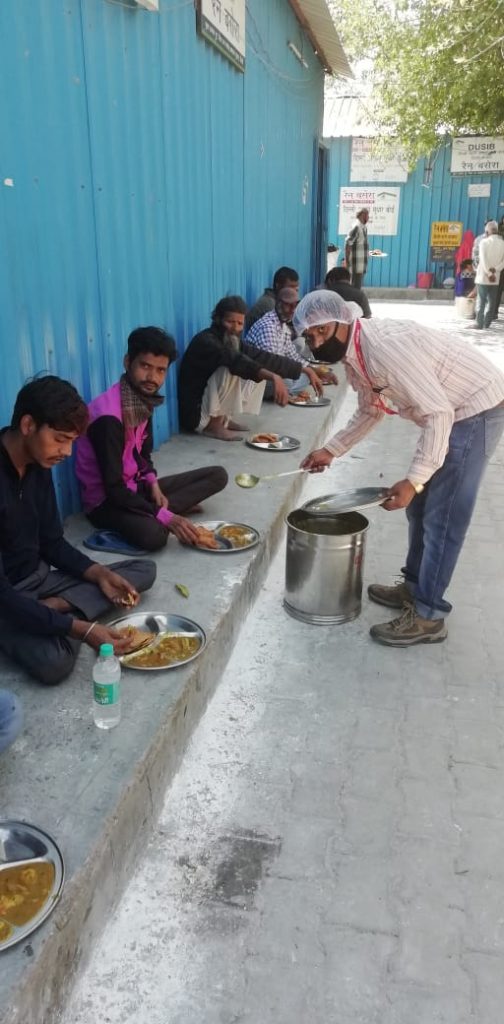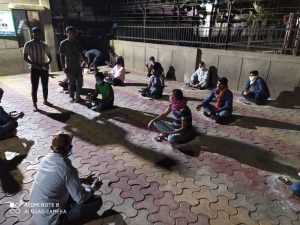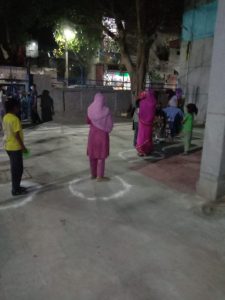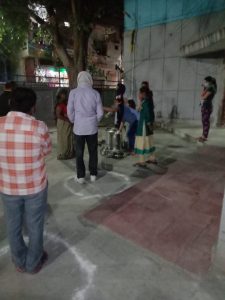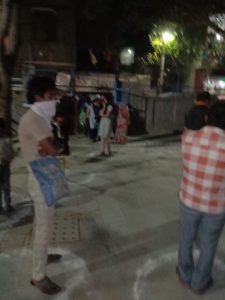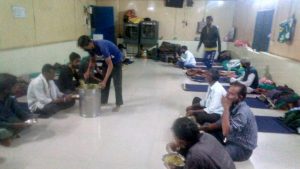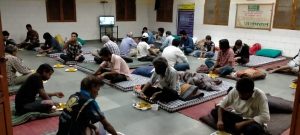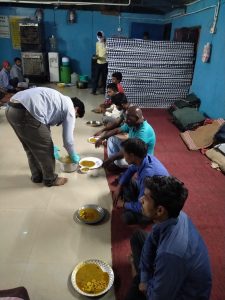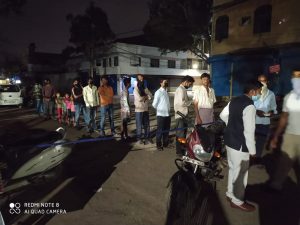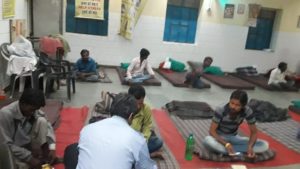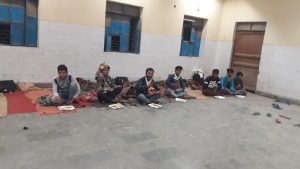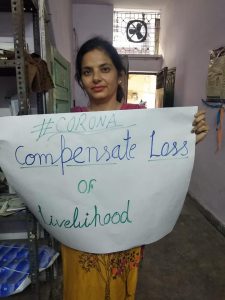Your cart is currently empty!
Category: ACORN India
ACORN India came into existence when in March 2005 the stage was set by the work ACORN International was doing in partnership with the FDI Watch campaign in India. ACORN India FDI Watch seeks to scrutinize and challenge Foreign Direct Investment in the retail sector in India. ACORN India seeks to prevent large multi-national companies like Wal-Mart from entering Indian markets unless they guarantee protection of communities they affect; ensure stability of the existing small businesses and ensure livelihoods of small traders; guarantee fair wages, just working conditions and a right to unionize to all their employees; and ensure that a significant portion of the supplies comes from the Indian markets. LEARN MORE>>>
-
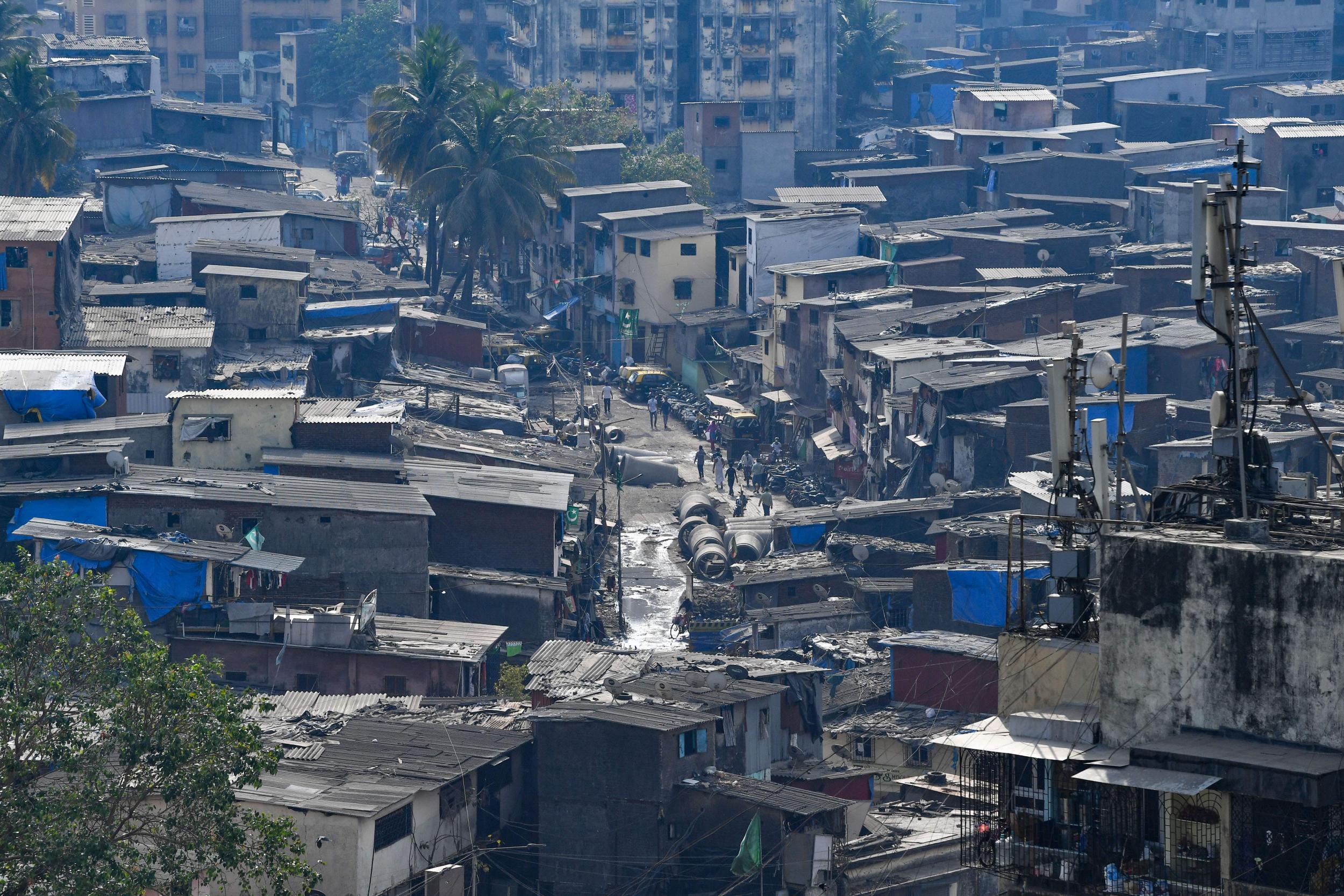
Inside the Slumdog Millionaire Neighbourhood Suffering India’s Punitive Lockdown Measures
Social distancing is impossible, and life is becoming very hard for the slum’s hundreds of thousands of residents
24 April 2020 • 8:53pm
Authorities in Mumbai’s Dharavi slum – home to one million people – are turning to increasingly harsh measures to enforce coronavirus lockdown rules, with residents saying they are often beaten if they leave their homes, and surveillance drones hovering overhead.
The Covid-19 pandemic is expected to hit India hard, with 23,452 reported cases and 723 deaths, hospitals across the country are already overwhelmed.
With poorly ventilated, dense housing, populations in slums like Dharavi are expected to be badly affected by the virus.
But residents of Asia’s largest slum, perhaps best known as the setting for rags-to-riches blockbuster Slumdog Millionaire, are worried they are being treated like ‘animals’ as authorities consider testing an unproven drug linked to heart attacks on them in a bid to find a cure for the virus.
Javed Shaikh, a local tour guide who has lived in Dharavi his whole life, says that food is scarce and police attack people with sticks when they venture out of their cramped homes.
Mr Shaikh, like many of the slum’s citizens, lives with five family members in a home that measures 100 ft sq. “It’s very very tiny. It’s like a small cage,” he tells The Sunday Telegraph.
Drones now circle over the corrugated iron rooftops to monitor activity in hard-to-access pockets of Dharavi, making residents nervous.
“Police flew a drone over our neighborhood and saw some people sitting outside collecting water,” one resident, who wishes to stay anonymous, says.
“So they came and started hitting people with their sticks. I was standing in the doorway and they pushed me inside.”
As the number of confirmed coronavirus cases in the slum increases daily – up to 214 as of Thursday night – the local economy has come to a standstill as authorities ratchet up containment efforts.
As part of these efforts to stop the pandemic, Mumbai city officials are considering testing anti-malarial drug hydroxychloroquine as a prophylaxis – where medicine is given to healthy people to prevent infection – on groups of people in Dharavi and another nearby slum.
The drug has been touted by Donald Trump, the US president, as a “game changer” for the coronavirus, but it has not been proven to significantly treat the virus and it comes with serious side-effects including increased risk of heart attacks, nausea, and blurred vision.
Sabina Khan, who lives in Dharavi with her son, is wary about the trials.
“I don’t feel right about it, we’re not animals,” she says, adding: “But this kind of thing is not new for us.”
Vinod Shetty, a human rights lawyer and founder of Acorn Foundation, an NGO that works with slum dwellers, says: “Residents feel they will be treated badly, as usual. And that comes from their long experience with public hospitals and authorities.”
Dharavi is a vibrant community and an economic powerhouse in Mumbai, with an annual economic output of $1bn. Prior to lockdown, its inhabitants worked in Dharavi’s thousands of factories or fanned across the city to serve as labourers and domestic staff.
Mr. Shetty says governments have depended on Dharavi for labour to transform Mumbai into a global city, but little has been done for the neighbourhood’s residents.
“They live in conditions like 1920s England,” he says.
Narendra Modi, India’s prime minister, was praised by some for swiftly implementing the lockdown on India’s 1.3 bn people in March, but many have pointed out that the tactic disproportionately affects the poorest. Just under half of Mumbai’s population live in slums like Dharavi.
Social distancing is all but impossible and containment is an uphill task. Lack of infrastructure means hundreds of people rely on community toilets and throngs of people stand in line to purchase food at the markets, which are only open for a few hours each morning.
Mrs Khan says that “shopkeepers are raising prices day by day” and staple products such as matchboxes, rice, and nuts are more expensive now.
Many people in Dharavi – including thousands of migrant workers – lack a government-issued ration card that would entitle them to small amounts of rice and wheat flour.
Laxmi Kamble, a Dharavi resident, is unable to access her government allotment because her name is listed on her ex-husband’s ration card and she does not have her own.
Residents say they have received little help accessing food.
Mr Shetty says Acorn Foundation members have distributed more than 7,000 meals within Dharavi, but that he is worried about how to keep everyone safe.
“There is a constant danger that our volunteers and staff are being exposed to coronavirus.”
Municipal officials say they are working to increase the food supply in Dharavi, and that they have distributed more than 20,000 packets of groceries so far.
According to Kiran Dighavkar, assistant municipal commissioner who oversees Dharavi, officials have focused on five “red zones” where the majority of cases are located; these areas have been sealed from the general public, and food and medicine are being delivered to each family’s doorstep.
A group of more than twenty doctors, many of them volunteers, have gone door-to-door to conduct thermal imaging scans of 50,000 people.
The government is also rapidly working to expand its quarantine capacity, from 1,200 beds to 2,000 beds within the next few days.
For Mr Shaikh, the tour guide, there is little to do now except wait for the lockdown to end on May 3. He hopes that it will not be extended again, but that remains a possibility.
“It’s a difficult time for all of us,” Mr Shaikh says. “We have to control the virus, so we stay at home. But we should do something fast, so that we can go outside again. And go to work.”
-
ACORN India Distributing Cooked Meals to Workers
Our volunteers managed to distribute 100 cooked khichdi meals today to workers living inside closed workshops.
-
Serving 7000 meals a day
Glad to share that we are serving almost 7000 meals per day in Delhi through our seven community kitchens to stranded migrant workers who are without access to food and need to survive 21 days lockdown to defeat Coronavirus. Help us buy/cook for most vulnerable excluded from welfare measures. Put Delhi in the donation memo.
-
Feeding Informal Workers in Delhi
Our ACORN Affiliate, Janpahal, is serving food to migrants in Delhi, India to support them survive 21 days lockdown. We are serving 5000 plus meals on daily basis through our 7 community kitchens to those not having access to food and any welfare measures. Kindly donate generously to help us defeat hunger and defeat corona. All donations will go to feed migrants in India. Please write Delhi in the paypal memo.
-
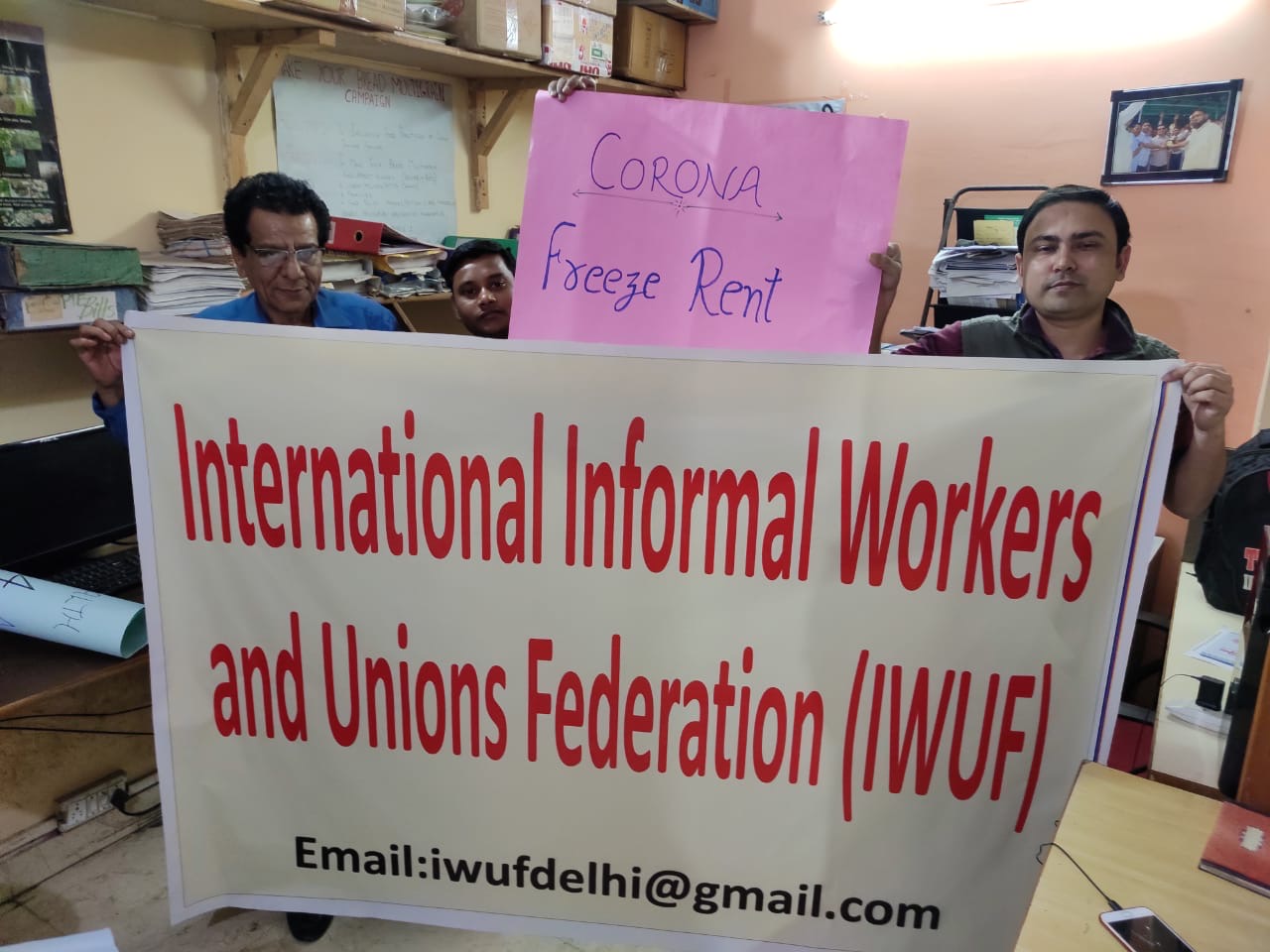
India’s Lockdown Leaves ACORN Members Without Food
ACORN India members are informal workers, hawkers and vendors, who have to work each day to get shelter and food.
Coronavirus lockdown: With no food or hope, truckers stranded across India
Modi’s poorly planned lockdown won’t save us from coronavirus, but will kill economy
Why India doesn’t seem to care about its poor even during a pandemic
ACORN India is desperately trying to get food to members. Our shelters are overrun and members are getting beaten in the streets when they go out to try to get food.
-
ACORN India at the Bloomberg Equality Summit in Mumbai
Vinod Shetty talks about the Dharavi project & Dharavi Rocks performs.
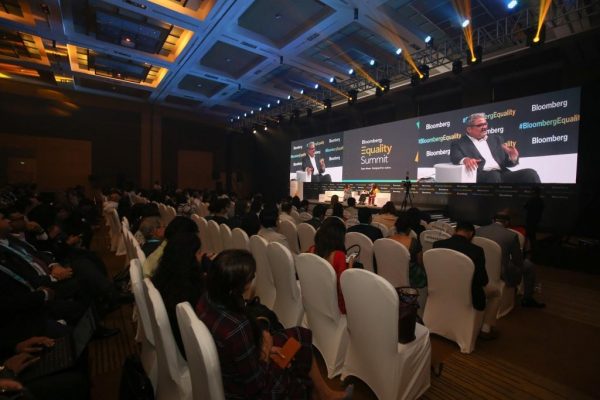

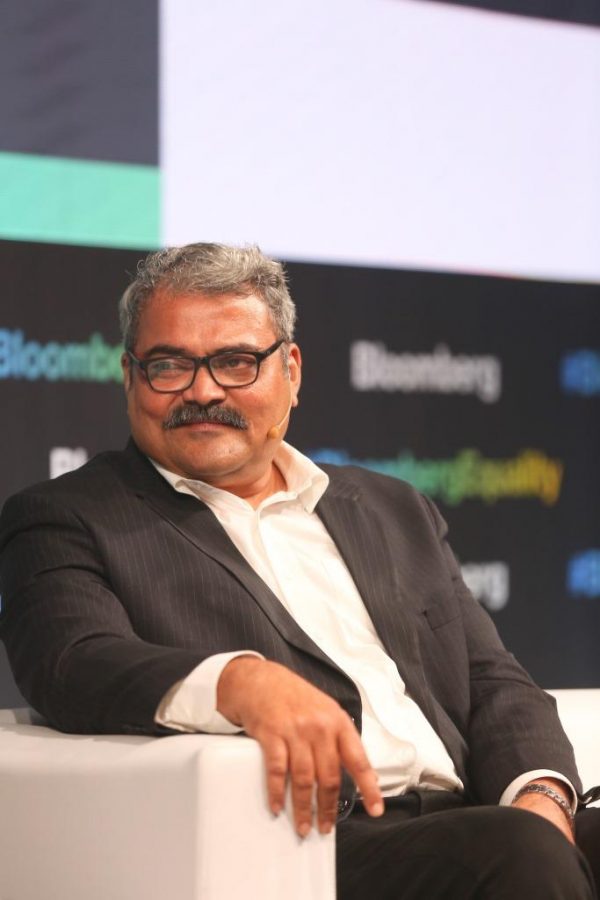
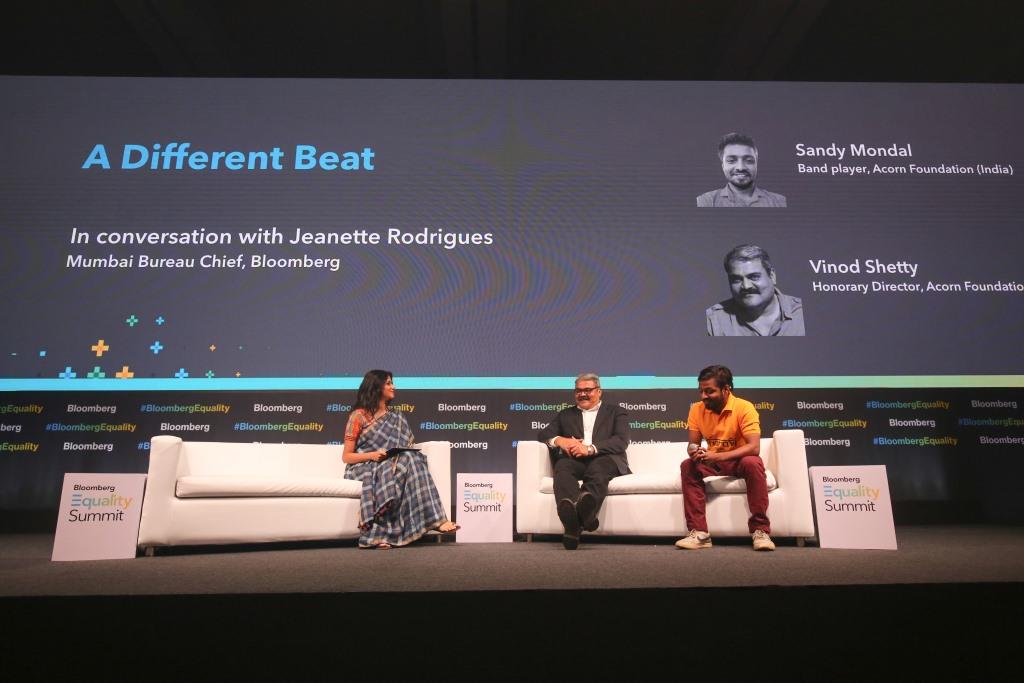
Watch the Bloomberg Equality Summit in Mumbai here.
Video of Dharavi Rocks and Vinod below.

